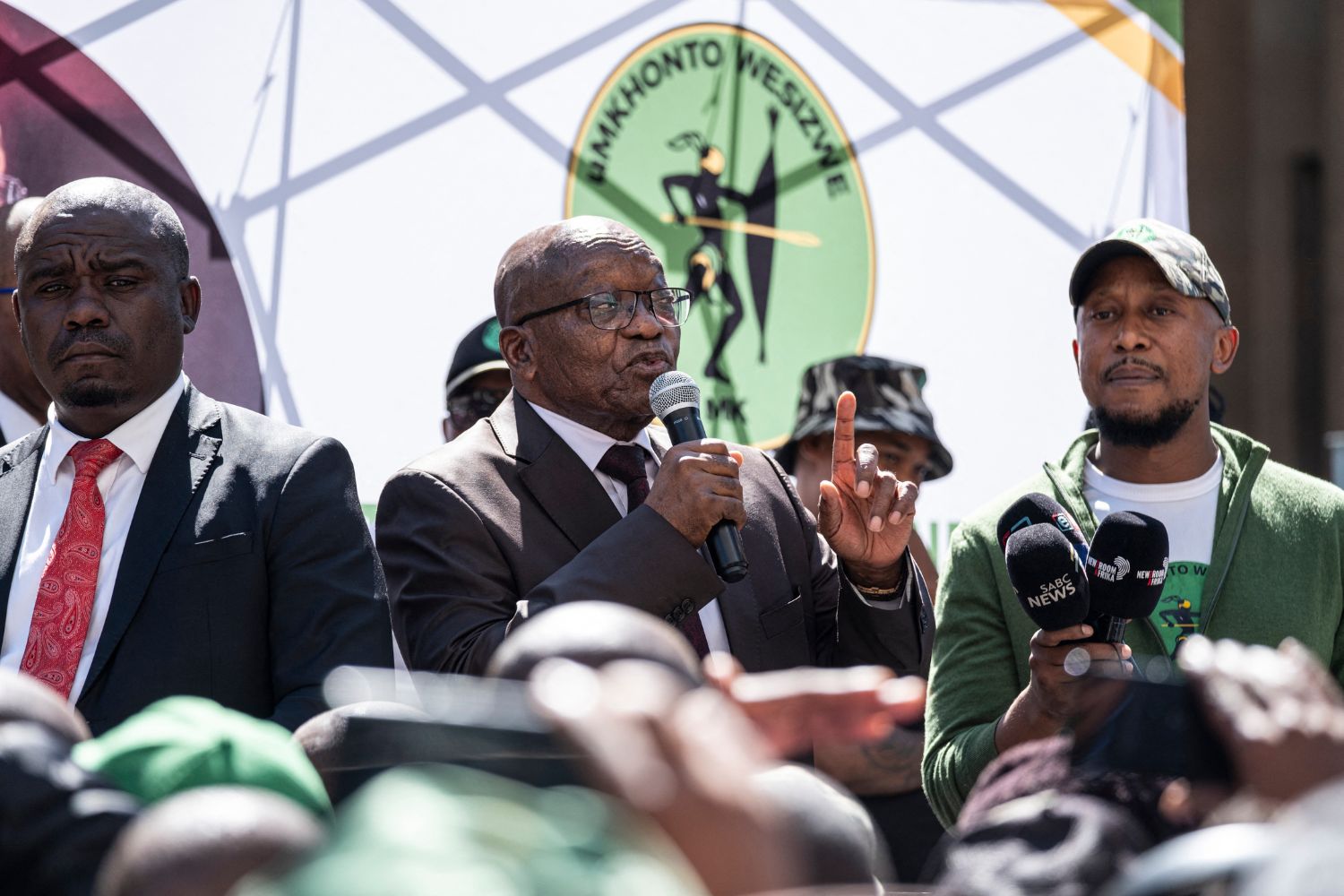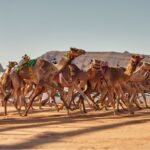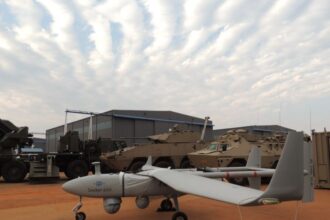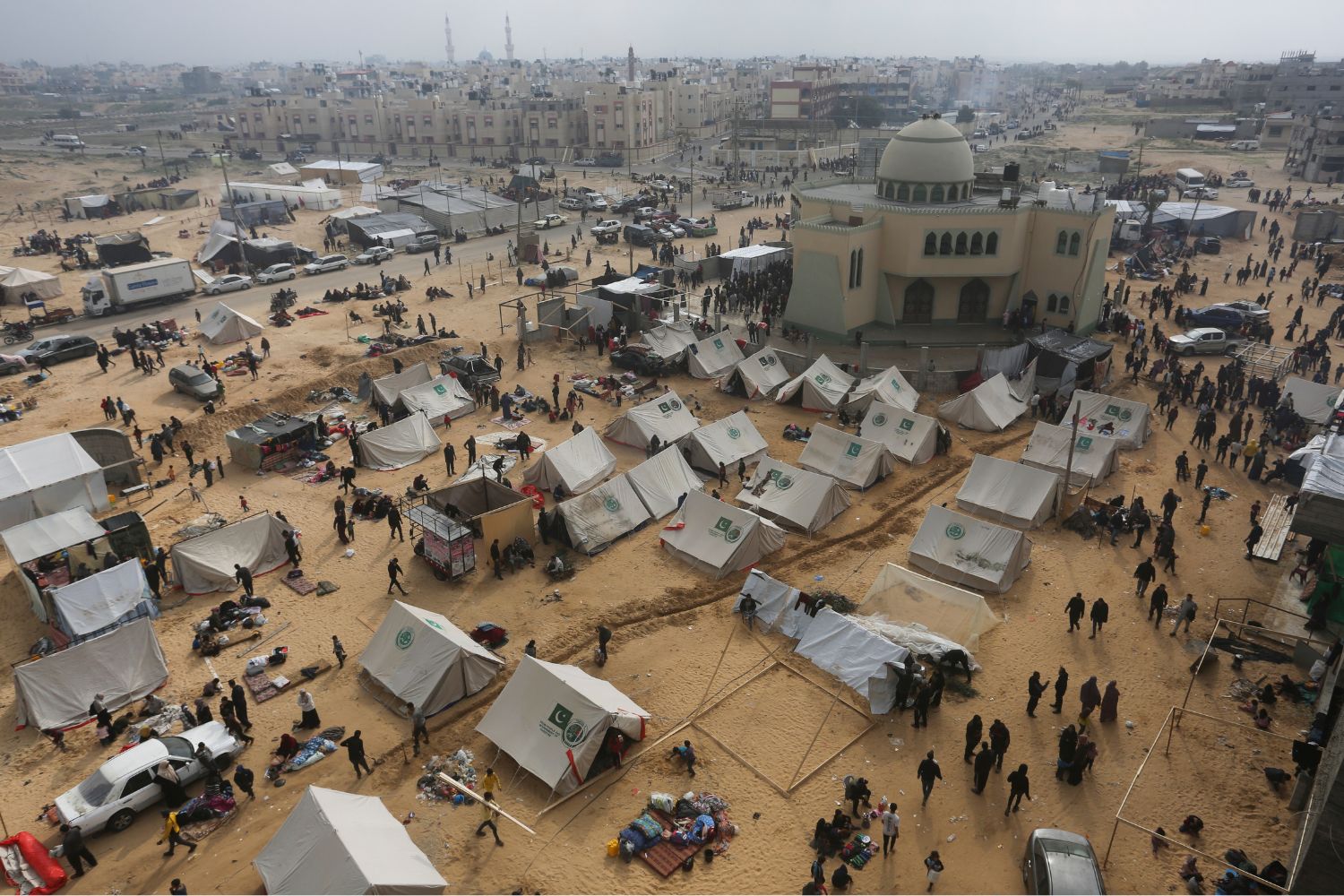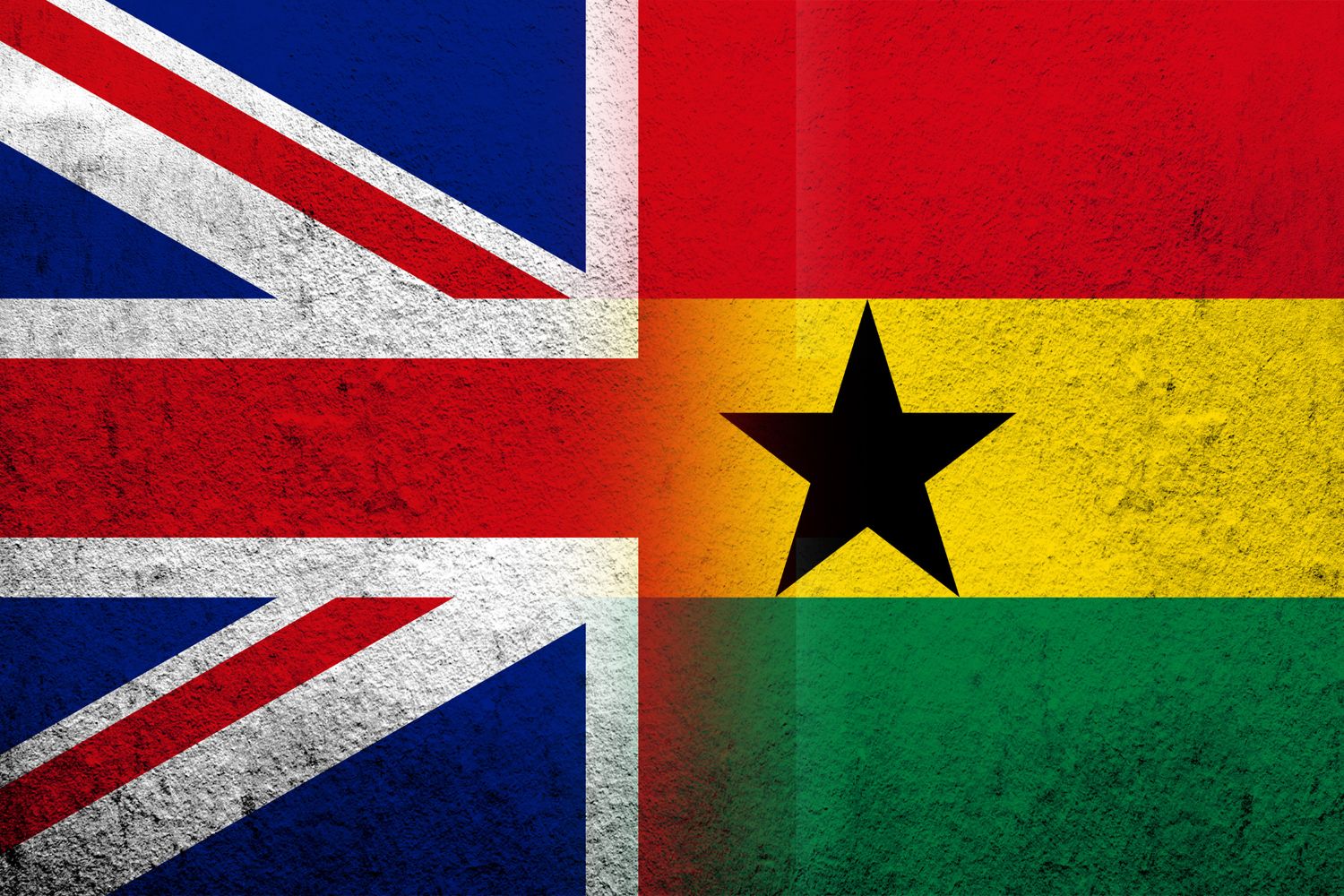In a series of legal setbacks for the African National Congress (ANC), the uMkhonto we Sizwe (MK) party, led by former President Jacob Zuma, has secured another victory in the Durban High Court in KwaZulu-Natal. The court ruled in favour of the MK party, permitting it to utilise its trademark name and logo in the upcoming general election scheduled for May.
This ruling marks the third consecutive defeat for the ANC in its efforts to challenge the MK party’s use of its name and logo, which the ANC contends infringe on their intellectual property rights. The emergence of the MK party, formed late last year, has garnered significant attention, particularly with Zuma’s involvement as a prominent figure in the lead-up to the national election on May 29.
The ANC, which has dominated South African politics for three decades following the end of apartheid in 1994, faces mounting pressure from voters amidst enduring challenges, including rampant unemployment, deepening poverty, surging violent crime rates, pervasive government corruption, and an ongoing electricity crisis. Analysts speculate that the ANC’s grip on power may be at risk in the upcoming election, with the MK Party amongst several contenders poised to sway the electorate’s vote share.
What is MK?
Umkhonto we Sizwe (MK), translated as “Spear of the Nation,” was the armed wing of the African National Congress (ANC), which operated in South Africa during the apartheid era. Here’s an overview of its history:
Formation and Purpose:- Umkhonto we Sizwe was founded on December 16, 1961, by the ANC and its allies, including the South African Communist Party (SACP).
– The formation of MK came in response to the Sharpeville Massacre in 1960, where peaceful protesters were killed by South African security forces. The ANC realised that peaceful protest alone would not be enough to challenge apartheid.
– MK’s primary objective was to wage an armed struggle against the apartheid government and its policies of racial segregation and oppression.
Leadership:
– Nelson Mandela played a significant role in the formation of MK and became its first commander-in-chief.
– Other prominent leaders of MK included Joe Slovo, Joe Modise, Chris Hani, and Oliver Tambo.
Guerrilla Warfare:
– MK initially engaged in acts of sabotage targeting strategic infrastructure, such as power plants, government buildings, and communication networks.
– The organisation aimed to make South Africa ungovernable and to disrupt the apartheid regime’s ability to function effectively.
– MK’s tactics evolved over time to include guerrilla warfare and armed resistance.
Operations and International Support:
– MK carried out numerous operations inside South Africa, including bombings and attacks on military installations and government facilities.
– The organisation received support from various countries and liberation movements sympathetic to the anti-apartheid cause, including the Soviet Union, Cuba, and several African states.
– MK operatives underwent military training in countries such as Algeria, Ethiopia, Uganda, and Tanzania.
Challenges and Repression:
– MK faced significant challenges, including infiltration by South African security forces, internal divisions, and the arrest and imprisonment of many of its members.
– The apartheid government implemented harsh measures to suppress MK, including the arrest and torture of suspects, assassinations of leaders, and widespread surveillance.
ALSO READ: India gears up for historic general elections: ECI prepares for rigorous electoral process
Transition to Democracy:
– MK played a crucial role in exerting pressure on the apartheid government to negotiate an end to apartheid.
– Following the unbanning of the ANC and other liberation movements in 1990, MK suspended its armed activities as negotiations for a democratic transition got underway.
– MK’s role in the struggle against apartheid was recognised during the negotiations that led to South Africa’s first democratic elections in 1994.
Legacy:
– Umkhonto we Sizwe is remembered as a symbol of the armed struggle against apartheid and as a key component of the broader anti-apartheid movement.
– Many former MK members went on to play prominent roles in post-apartheid South Africa, with some becoming government officials, military leaders, and activists.
– The legacy of MK continues to inspire movements for social justice and liberation around the world.
Jacob Zuma – A timeline
1942: Jacob Zuma is born on April 12 in Nkandla, Natal Province, Union of South Africa (now KwaZulu-Natal, South Africa).
1960s-1980s: Zuma becomes involved in anti-apartheid activism and joins the African National Congress (ANC) in the early 1960s.
1963-1990: Zuma becomes a member of Umkhonto we Sizwe (MK), the armed wing of the ANC, which was engaged in the struggle against apartheid.
1994: After the end of apartheid, Zuma is elected as a Member of Parliament (MP) in South Africa’s first democratic elections. Nelson Mandela becomes the country’s first black president, and the ANC wins the elections.
1997: Zuma is appointed Deputy President of the ANC under President Nelson Mandela.
1999: Thabo Mbeki succeeds Nelson Mandela as President of South Africa, and Zuma is appointed as Deputy President of the country.
2005: Zuma is dismissed from his position as Deputy President by President Thabo Mbeki following allegations of corruption related to an arms deal. Zuma is later charged with corruption, fraud, money laundering, and racketeering.
2007: Zuma is elected President of the ANC at the party’s national conference in Polokwane, defeating Thabo Mbeki.
2009: Zuma becomes President of South Africa after the ANC wins the general elections. He was inaugurated as the country’s fourth post-apartheid president.
2016: Zuma survives an impeachment vote in Parliament amid allegations of corruption and mismanagement.
2018: Zuma resigns as President of South Africa under pressure from the ANC and amid mounting corruption scandals. Cyril Ramaphosa succeeds him as President.
2019: Zuma faces corruption charges relating to a controversial arms deal dating back to the late 1990s.
2021: Zuma is imprisoned for contempt of court after he defies a court order to appear before a commission investigating corruption during his presidency.
2022: Zuma is granted medical parole and released from prison on health grounds.
Throughout his political career, Jacob Zuma has been a polarising figure, celebrated for his role in the struggle against apartheid but also mired in controversy due to allegations of corruption and mismanagement during his presidency.


